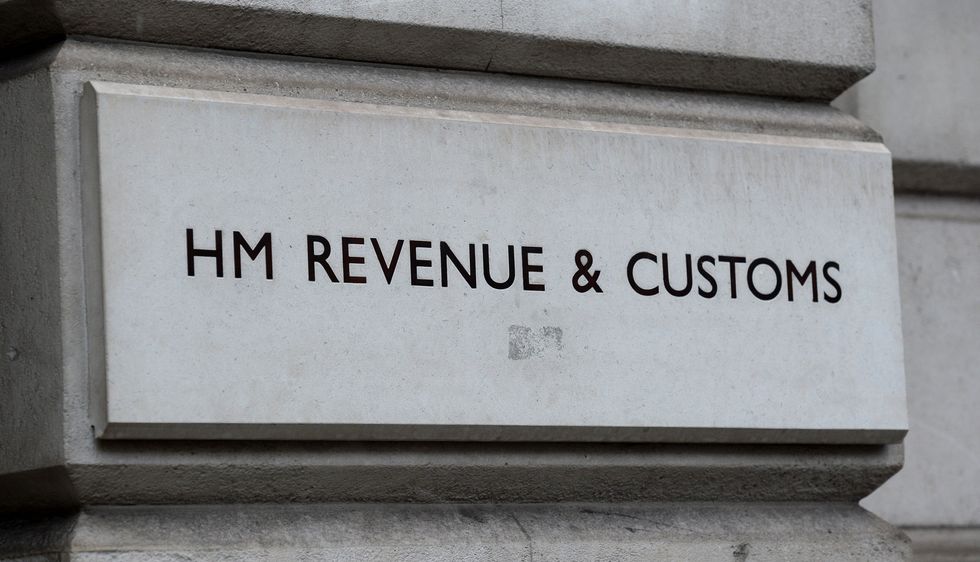Giving your loved ones a gift could slash inheritance tax bill to zero

The standard inheritance tax rate is currently 40 percent
|PEXELS

There are several ways people can legally reduce their inheritance tax liabilities before they die, including following the rules on gifts.
Don't Miss
Most Read
More and more people are at risk of being dragged into the inheritance tax net, sparking concern about how to reduce liability rather than hand over hard-earned cash to the taxman.
Some 41,000 people were liable to inheritance tax in 2022/23, up from 33,000 the previous year, according to recent government data.
However, there are various ways people can legally avoid paying the tax, or significantly reduce the amount owed.
One such instance is the annual gift exemption, which allows people in England and Wales to give cash gifts prior to their death.

People can give up to £3,000 each tax year away without incurring inheritance tax
|PA
Liz Hunter, director at Money Expert, said: “Giving cash gifts to your loved ones before your death will reduce the overall value of your legal estate, thus reducing your inheritance tax liability.”
People can give up to £3,000 each tax year away without incurring inheritance tax.
This does not include spouses or civil partners, as no tax has to be paid on these gifts.
There are other types of cash gifts people can give tax-free too, with these depending on the relationship with the beneficiary.
Ms Hunter explained: “For example, a parent can give £5,000 to their child as a wedding gift without incurring inheritance tax, and a grandparent could give up to £2,500 to their grandchild for this purpose.”
The so-called death tax rate of 40 per cent is applied on any part of an estate above the inheritance tax threshold of £325,000.
In the event heirs don’t pay the tax within six months, they will also have to pay interest on what is owed.
If a person gives a larger cash gift, they could be liable for inheritance tax, depending on when they are given.
Should a gift have been given within seven years of death, it could be subject to the tax, although the tax rate will vary depending on when it was given.
If it was between three to seven years, the gift is taxed on a sliding scale – something known as taper relief.
LATEST DEVELOPMENTS:

Making a will is important for inheritance tax planning
|PEXELS
Cash gifts given between three and seven years before someone’s death will be taxed on a sliding scale from 40 per cent to zero per cent.
If the gift was given within three years before death, it would be taxed at 40 per cent.
Ms Hunter also stressed the importance of making a will in relation to inheritance tax.
She said: “Making a will is important if you want to ensure that your assets are distributed in line with your wishes.
“It’s also important if you want to reduce the amount of inheritance tax paid. With a will, any taxes and debts are paid for by an executor before the remaining estate is distributed to friends, family or charities.
“Without a will, government legislation will control where your assets will be distributed and may be liable to inheritance tax that could have otherwise been avoided.”










